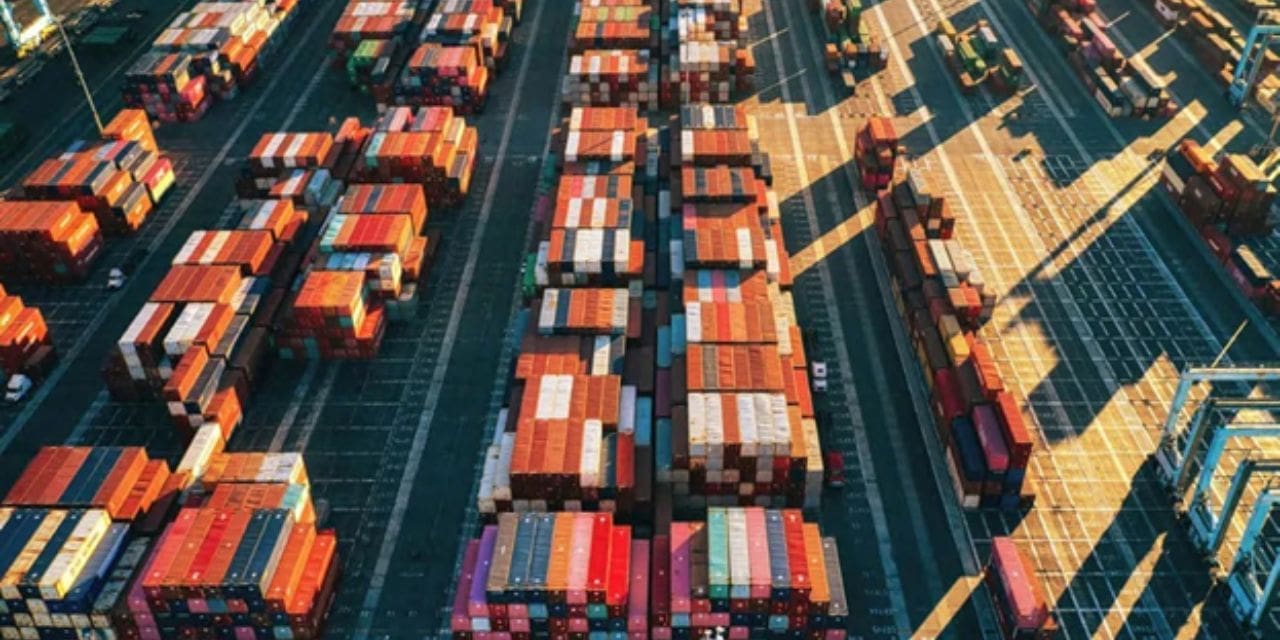According to the Allianz Trade Global Survey 2024, exporters are feeling more optimistic this year, with 82% of companies expecting an increase in business turnover from exports. This is higher than the 70% reported in the previous year’s survey, covering 3,000 companies in several countries.
Exporters are worried about geopolitical risks, input shortages, labor issues, and financing and payment problems.
Last year, 70% of companies expected growth but ended up in a trade recession. This year, nearly 40% anticipate over 5% growth in 2024, with 80% expecting export prices to rise. Forecasts remain conservative, with global trade anticipated to increase by only 2.8%, below the long-term average of 5%, due to risks like global shipping disruptions and looming trade wars.
Companies this year are primarily worried about risks related to politics and protectionism, with 73% of respondents indicating concern. Additionally, supply chain disruptions, transportation risks, input shortages, financing, and non-payment risks are also top concerns, with 31% of companies ranking transportation risks in their top three. Over half of companies experience delays of over 50 days in payment, and 40% of exporters anticipate an increase in non-payment risk in 2024. Concerns about transport risk and high energy prices have decreased from 2023, except for German exporters.
One in two companies are thinking about moving their supply chains due to growing geopolitical concerns. With elections happening in major economies, there is a rise in geopolitical risks and uncertainties. Many companies are waiting to see how national elections unfold before making any decisions. Surprisingly, only 27% of companies believe the upcoming US elections could pose a risk to their supply chains in the near future.
The Allianz Trade Global Survey 2024 found that exporters are more optimistic this year, with 82% of companies expecting business turnover from exports to rise. Concerns include geopolitical risks, shortages of inputs and labor, and financing and non-payment risks. Global trade is expected to increase by 2.8% in value terms this year. While some expect a significant increase in turnover, overall forecasts are conservative due to risks like disruptions in global shipping and trade wars. Politics and protectionism are seen as top risks, along with supply chain disruptions. Many companies are considering relocating supply chains due to geopolitical concerns, but concrete steps are not yet widespread. The US elections are seen as a potential risk to supply chains by some companies. Despite geopolitical tensions, there is no evidence of a full decoupling from China yet, with some companies even planning to increase their presence there. Chinese companies considering changes mostly prefer staying within the same region.
Signs of diversification in global supply chains are emerging, with around a quarter of German, French, and US firms indicating a shift away from China towards Asia-Pacific and Western Europe. US exporters are also considering diversifying their supply chains to countries in Asia-Pacific and Latin America. Relocating within the same region and nearshoring are becoming more popular trends, with only a small percentage anticipating a reversal of reshoring trends in the near future.
Companies are increasingly turning to artificial intelligence (AI) to enhance their international trade operations, with a significant focus in Poland and China. However, progress in making trade more environmentally friendly is slow. Many companies in these countries see AI as a key digital tool for their international development. Despite growing sustainability concerns, the majority of companies are only planning minor reductions in carbon dioxide emissions by 2024, which will not be sufficient to achieve net-zero emissions by 2050. Efforts to green trade still have a long way to go.

